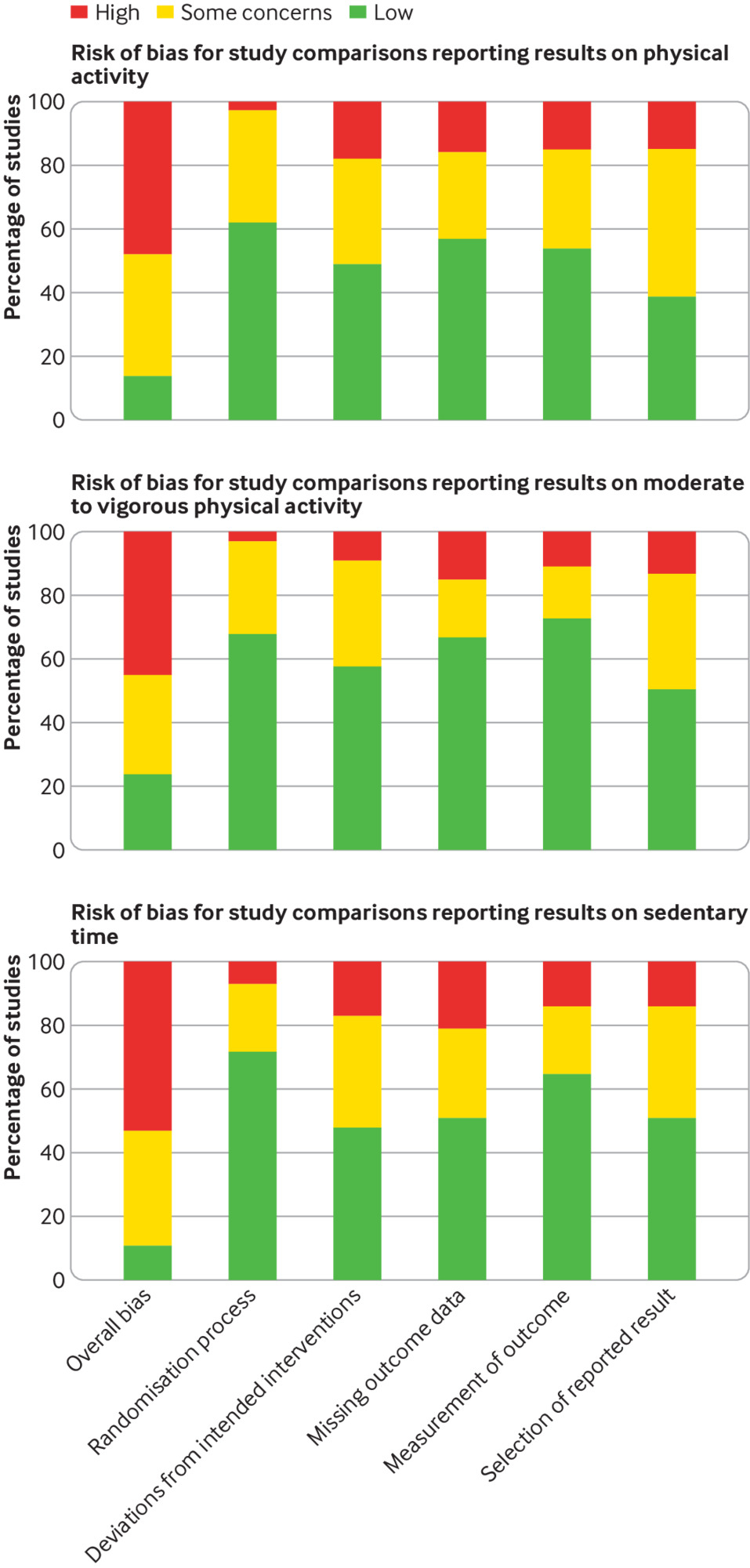NEW ORLEANS, LA – A new article published in the peer-reviewed medical journal JAMA Cardiology highlights the need for individualized behavioral counseling to help patients change unhealthy lifestyles to prevent cardiovascular disease (CVD), especially in neglected or socially disadvantaged populations -economic.
Lead author Carl “Chip” Lavie, MD, said: “While CVD is the leading cause of death for most races and ethnicities in the United States, clinicians should not take a one-size-fits-all approach to lifestyle counseling.” Dr. Lavie is the Medical Director of Ochsner Health Cardiac Rehabilitation and Prevention; and is ranked among the world’s most cited scientists according to the Google Scholar Citations database and recognized by Expertscape as the world’s leading obesity expert.
In the article “Improving Behavioral Counseling for Primary Cardiovascular Disease Prevention,” Dr. Lavie and co-authors Dr. Barry A. Franklin and Dr. Keith C. Ferdinand recognize that the likelihood of patients engaging in a particular lifestyle is governed by a myriad of socioeconomic, attitudes and cultural factors. They also show evidence that interventions to beneficially modify eating habits or physical activity practices in one population cohort may be less effective in another.
They presented a series of evidence-based methods of personalized counseling that clinicians can use to identify patients’ unhealthy lifestyles and encourage behavioral change.
The authors highlight discrepancies in healthcare delivery on multiple levels and note that black people have shortened life expectancy, largely due to the highest mortality from CVD. Along with counseling, the authors argue that structural changes in healthcare and tailored environmental interventions are a reasonable approach to contain or reverse significant imbalances in morbidity and mortality in certain subsets of the population.
Read the full journal article here.
Ochsner Health is an integrated healthcare system with a mission to serve, treat, guide, educate and innovate. Celebrating its 80th anniversary in 2022, it is a leader in the country, among others in oncological care, cardiology, neurology, liver and heart transplants and paediatrics. Ochsner is consistently named both the Best Hospital and the Best Children’s Hospital in Louisiana by US News & amp; World Report. A nonprofit organization inspires healthier lives and stronger communities. It focuses on disease prevention and providing patient-centered care that is accessible, affordable, convenient and effective. Ochsner Health pioneers new treatments, implements new technologies, and conducts groundbreaking research, including over 700 clinical trials. It employs over 34,000 employees and over 4,500 doctors employed and associated in over 90 medical specialties and subspecialties. Operates 40 hospitals and more than 300 health and urgent care centers in Louisiana, Mississippi, and the South Bay; and its state-of-the-art Connected Health digital medicine program cares for patients outside its walls. In 2021, Ochsner Health treated over a million people from all states and 75 countries. As Louisiana’s leading health educator, Ochsner Health and its partners educate thousands of health professionals each year. To learn more, please visit https://www.ochsner.org/.
Disclaimer: AAAS and EurekAlert! we are not responsible for the accuracy of the information published on the EurekAlert website! by cooperating institutions or for the use of any information via the EurekAlert system.


